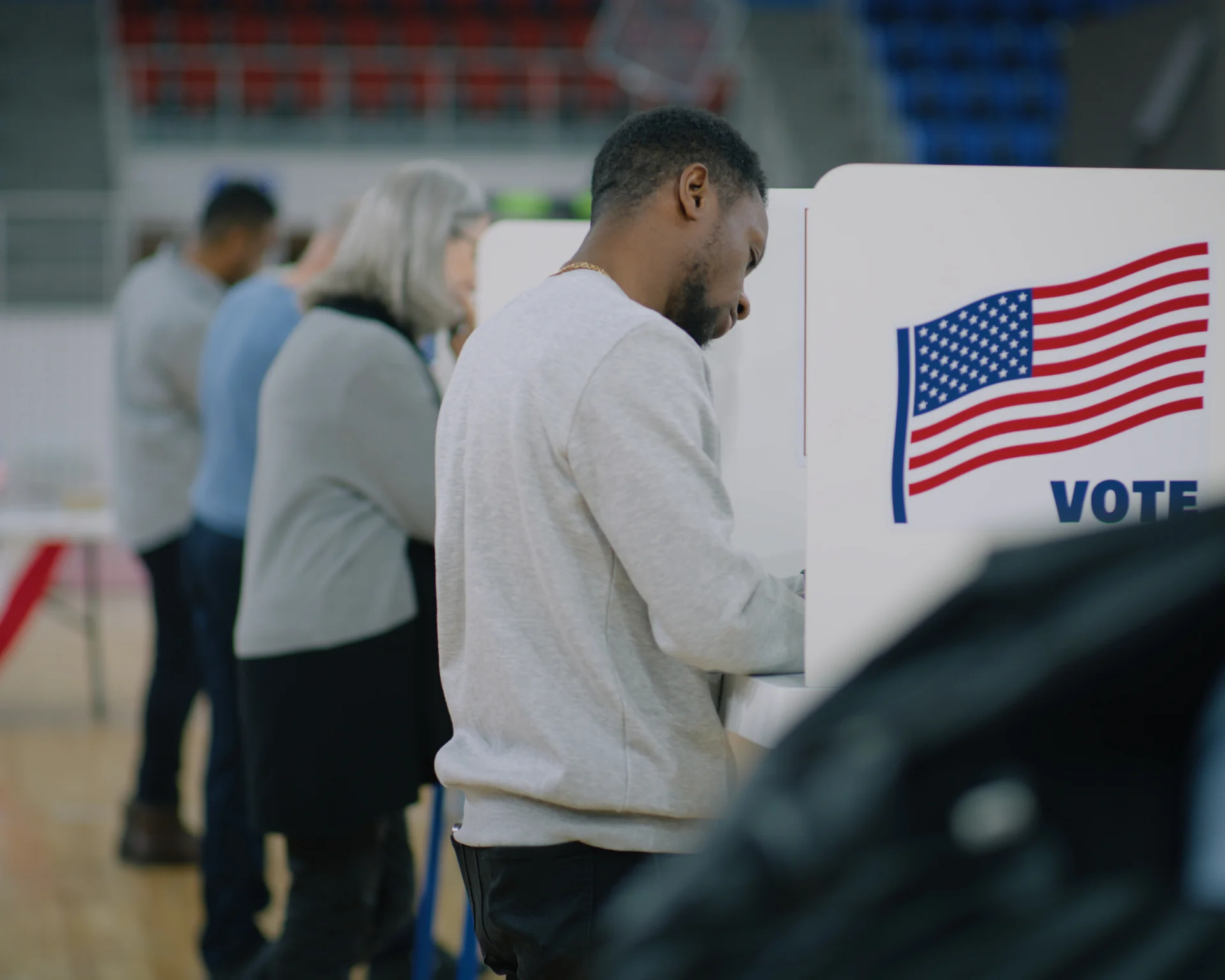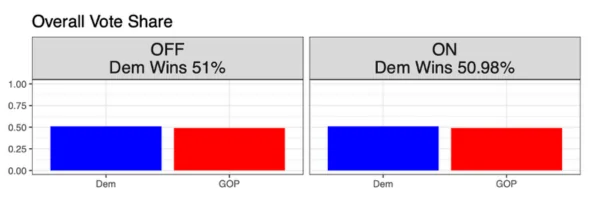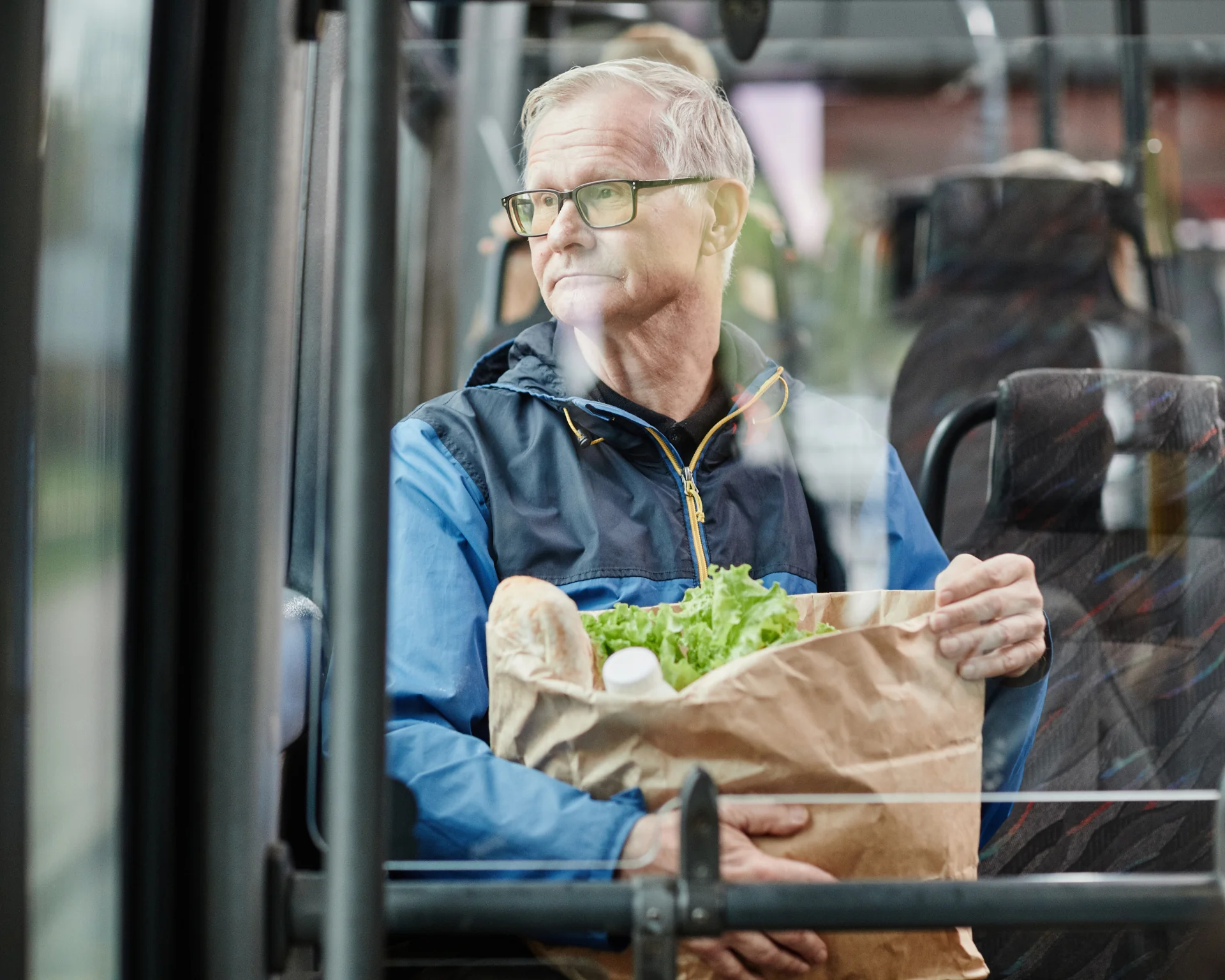Voting Policies and Health
Voting policies are becoming stricter in some states, and many of these changes are hitting marginalized groups the hardest.

Read Time: 2 minutes
Published:
Voting is a vital way for Americans to have a say in shaping public health policies, as elected officials make decisions that impact health care access, climate change, environmental policy, and funding for medical research. By voting, you not only influence policies that affect you personally, but also contribute to the well-being of your community.
Debates over changing voting rules are intensifying. Some states have introduced stricter voter identification laws, which disproportionately affect low-income and minority voters, while others have reduced mail-in voting and limited ballot drop-off locations, making it harder for rural residents and those with mobility issues to vote.
Many modern election reforms appear to make voting harder for specific groups, such as people of color, low-income individuals, and the elderly. These changes can affect who votes and, in turn, who shapes key policies, including those related to public health. Researchers Justin Grimmer and Eitan Hersh studied the impact of such reforms. They looked at how changes like voter ID laws and mail-in voting options could influence voter turnout and election outcomes.

The researchers compared actual results with hypothetical scenarios and found that most election laws have minimal effect on results. Using statistical modeling they compared the impact of voting policies in an election in which the Democratic candidate won with 51% of votes. The figure above shows the election outcome without the impact of restrictive voter ID and mail-in voting policies (on left) compared to the hypothetical results with the policies in place (on right). In this statistical model only 0.12% of voters were affected by the policy, which wasn’t enough to change the overall outcome.
Voting plays a critical role in health outcomes, making equal access crucial. The study shows that changes in election rules often hit marginalized groups harder, reducing their political voice. Barriers like inflexible work hours or transportation difficulties make it even tougher for these groups when voting options are limited. Expanding voting methods can help, but misunderstandings about how election rules affect racial groups can lead to incorrect assumptions about political advantages, complicating efforts to create fairer systems.
Rather than focusing solely on partisan outcomes, election laws should be evaluated for their broader impact on convenience, security, and minority participation.



